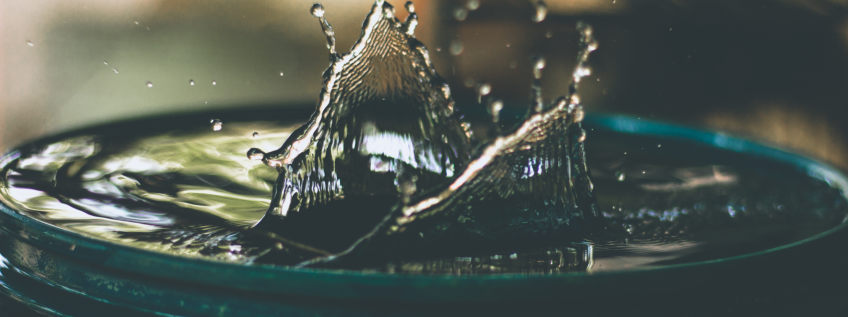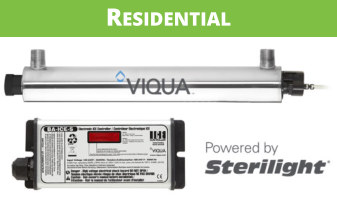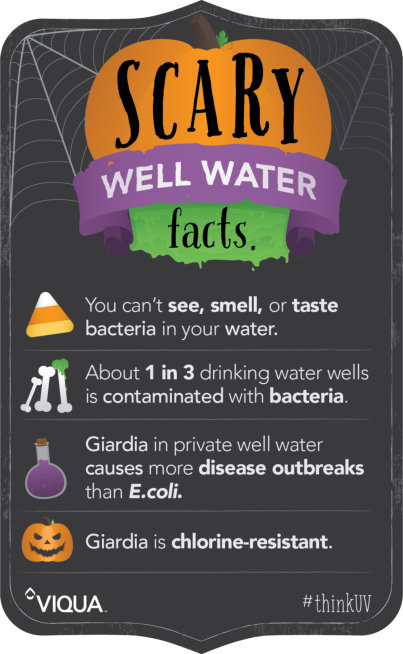
 Considering Rainwater Harvesting?
Considering Rainwater Harvesting?
For the homeowner, rainwater harvesting can mean many things. At its simplest, rainwater harvesting is the collection of rain in a barrel for watering plants, or it can extend to the development of a fully-independent home water supply. Interestingly, rainwater harvesting is a practice that starts small, but once engaged, homeowners and businesses are inclined to leverage further and further. So, when planning your rainwater system, it’s smart to think ahead for what your goals might be down the road – considering not just your current needs, but also in the future.
Reasons to adopt rainwater harvesting:
- Conserves valuable water resources especially in drought stricken areas
- Reduces dependence on and cost of municipal water services
- Reduces residential taxes like storm-water management fees
- Alternative to groundwater in areas with high total dissolved solids (TDS) or contaminated aquifers
- Alternative to softening water
- Allows for recharging of groundwater resources
Step 1: Quantity
Regardless of your personal motivation to harvest rainwater, the first decision after determining your potential capacity, which depends on variables like annual rainfall and roof size, will be how you intend to use the water.Uses for Rainwater:
- Irrigation and watering
- Non-potable uses, including toilet flushing and clothes washing
- Potable uses, such as drinking, cooking, and bathing
You should note that indoor uses are generally guided by regional regulations, and could vary greatly depending on where you live.
Step 2: Quality
Secondly, you will need to consider water treatment. Although rainwater is thought of as being very pure, the reality is that it is surface water. That means it will pick up debris and biological contaminants as it travels through the air, across the roof, and into the gutters. Luckily, these contaminants are often minimal and easily managed.Consider, too, that the water will likely sit in a storage tank, so the cleaner it goes into the tank, the cleaner it comes into your home. A first-flush system before the tank, to manage debris, is a good idea. And then as the tank water is pumped into your home, a whole-home disinfection system is highly recommended. This ensures your family’s water continues to be of the same quality – or even better – than regulated public supplies.

Ultraviolet Disinfection:
Disinfection is the only sure way to protect your family from waterborne pathogens that could otherwise cause serious illness.An ultraviolet (UV) water disinfection system is a chemical-free way to ensure your water is safe from biological contaminants. The water is disinfected by light of a specific wavelength as it passes through the stainless steel chamber. Nothing is added to the water, but any microorganisms present are made harmless. Rainwater is naturally soft so will not require a softener for the UV to be its most effective although some polishing may be required. In fact, the newer, high-quality UV systems often come equipped with both a sediment and carbon filter for just that purpose, which makes installation all the easier. And maintenance is simple – just an annual lamp change, and ensuring the quartz sleeve is kept clean.
Selecting A Quality UV System
First of all, you will want to choose a UV system from a reputable manufacturer known for its high quality and reliable products, like VIQUA. Though there is infrequent need for replacement parts (other than the UV lamp), you will want to know that these are available on demand. And remember to rely on genuine replacement parts to ensure your system continues to operate to these same high standards.Check out UV systems that have been certified by an accredited testing organization, like NSF International and the USEPA. There are countless good reasons for collecting rainwater, from the environmental implications to the cost savings. But in addition to that, rainwater harvesting allows you to provide safe, chlorine-free water for your family. You can take comfort knowing you have control over your own water supply.
About VIQUA
VIQUA is proud to be the world’s largest supplier of residential UV water disinfection systems, providing safe water without the use of chemicals. Whether you choose a point-of-entry or a point-of-use system, your VIQUA UV system will disinfect your drinking water, keeping you and your family safe from microbiological contaminants. Our promise to you is clear: simply safe water.UV water filter info | shop online



